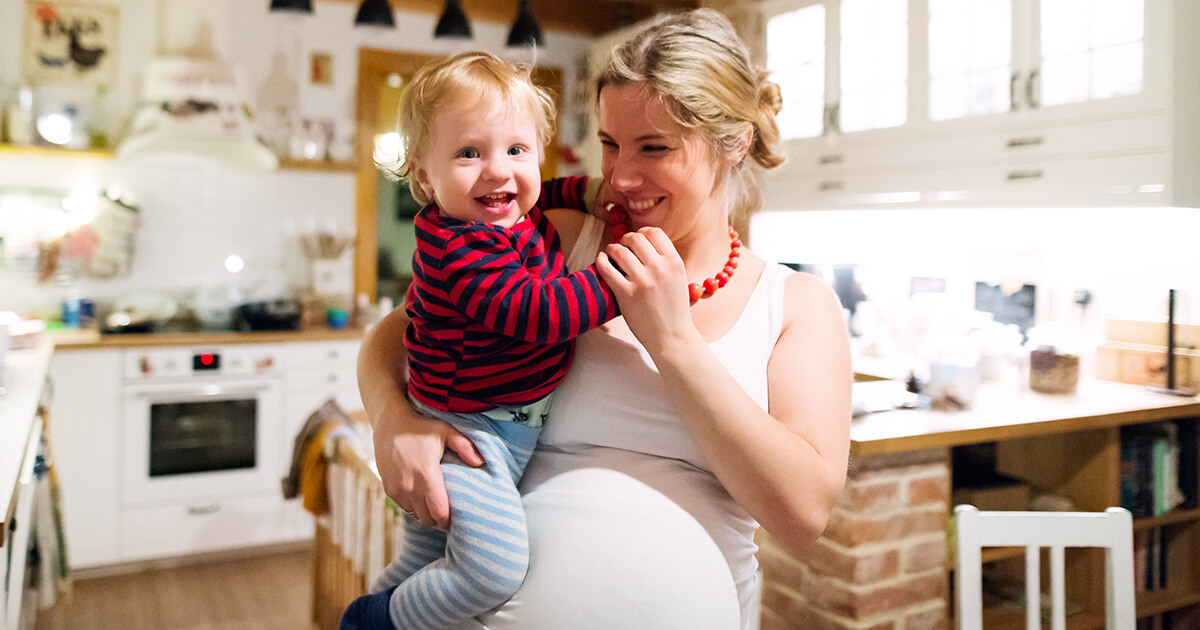Doctors performing abortions during the coronavirus crisis have been told by the Royal College of Obstetricians and Gynaecologists (RCOG) how to bypass UK time limits on abortion.
New RCOG guidelines now suggest performing ‘feticide’, which involves ending the life of an unborn baby in the womb by lethal injection and then removing the body later.
The guidance states that if a woman has coronavirus and her “clinical condition prevents abortion, and she risks exceeding the gestation limit, feticide should be performed in collaboration with local fetal medicine services if necessary, to enable delay in the procedure to evacuate / empty the uterus.”
This means doctors can end the life of an unborn baby prior to the current 24-week time limit and then leave the baby’s dead body inside the woman for an indeterminate amount of time.
10-week ‘DIY’ home abortion limit insignificant
Elsewhere in the guidance, RCOG says it is “inadvertent” that early medical abortions will take place in England & Wales after the 10-week limit, but describe the consequences as “unlikely to be significant”.
“Inadvertent treatment of gestations over 10 weeks is inevitable in some women, although the consequences for most are unlikely to be significant.” It adds that: “There should be no legal consequences for either the clinician or the woman, even if gestation is unexpectedly advanced, when they can demonstrate that they have acted ’in good faith’. … It should be noted that terminations of pregnancy (of any gestation) carried out within the law are not subject to a child death review.”
Since ‘DIY’ home abortions were introduced on a temporary basis on 30 March, the time limit has already been breached several times.
In May, it was revealed UK police were investigating the death of an unborn baby after its mother took ‘DIY’ home abortion pills while 28 weeks pregnant.
In addition, it was revealed abortion provider BPAS announced that it was investigating a further eight cases of women taking ‘DIY’ home abortion pills beyond the 10-week limit.
Contrary to RCOG’s claims the consequences of ‘DIY’ home abortions are “unlikely to be significant”, a number of women have come forward to share the horrifying impact they’ve experienced as a result of taking pregnancy termination pills at home.
One woman said she went through “hell” and thought she was going to die after taking the dangerous pills.
Another woman said the pain and physical process was “horrible” and “a lot worse than expected”.
This week, the Court of Appeal announced it would hear a challenge against the UK Government’s decision to introduce ‘DIY’ home abortions.
A spokesperson for Right To Life UK, Catherine Robinson, said: “It is appalling that the Royal College of Obstetricians and Gynaecologists in its new guidelines is not only suggesting blatant ways of circumventing time limit laws, which protect viable yet vulnerable babies from abortion, but it also appears to be dismissive of women who have had horrible experiences with ‘DIY’ home abortion pills.
“The consequences of both of these actions are not, as the RCOG suggests, insignificant but devastating, particularly in cases where a baby’s life has been lost.”
‘Abortion skills’ added to core training
Last year, RCOG released a report stating its intention to teach and assess “abortion skills” as part of its core curriculum, but made no mention of any provision for conscientious objection.
In its Better for Women report, the College says: “the General Medical Council (GMC) should review the Undergraduate medical curriculum to include the importance of abortion care to students.
“The RCOG will teach abortion skills as a part of its core curriculum and assess those skills through examination.”
All doctors who practise medicine in the UK must be registered with the GMC, meaning if the proposals are adopted, pro-life medical students could be forced to sit through undefined “abortion skills” training or risk losing their membership of the medical body.












